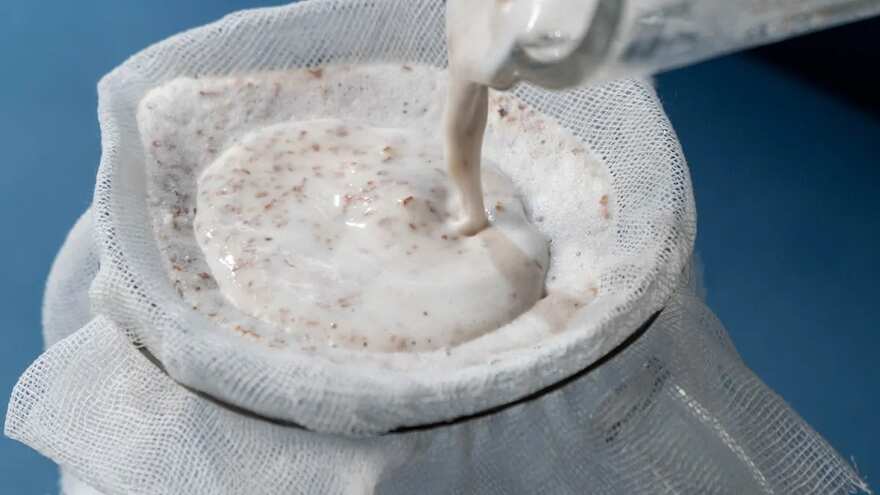The world's consumption of milk has drastically decreased during the last few years. Along with this, the number of individuals choosing to drink soy milk, milk derived from vegetables like peas, and even milk manufactured from nuts (referred to as "mylks" or "malks") has significantly increased in all markets. Customers are searching for a dairy substitute that tastes just as excellent, can be utilised in a variety of cooking and drinking applications, and does not raise any lactose, ethical, or environmental issues.
Diverse non-dairy milks have different markets around the world, but there is no denying that the use of non-dairy alternatives is rising everywhere. Even a day of the year has been designated specifically for plant milks! The goal of World Plant Milk Day is to "promote a healthier, more compassionate alternative to dairy." It is typically observed in August.
Almond, walnut, hazelnut, tiger nut, peanut, cashew, and even tiger nut are frequently seen on the shelves these days. If you can think of a variety of nut, chances are you can buy milk manufactured from it. Wherever you are, finding dairy substitutes has never been simpler or more practical, particularly nut milks. Additionally, making your own nut milk at home is simple. However, how can you create nut milk at home? In actuality, it's simpler than you may imagine.

Method
Blend the soaked nuts with the water, salt, and any additional ingredients—such as berries or chocolate powder—until the mixture is smooth. Use a nut milk bag or a thin cloth to strain; you may either throw away or use the pulp. Place in a covered bottle or jar and keep in the refrigerator. This is ideal if you want to eat less processed food while yet maintaining convenience for your lifestyle. Because you created it, you are absolutely certain of its contents. Many individuals favour almond milk as an alternative. The majority of consumers like the flavour, and it's often simple to find in stores. Compared to the eight grammes of protein in cow milk, it has about one gramme per glass. Even the fat in almond milk is seen as healthy.
Why Nut Milk?
Taste: Some people simply don't enjoy the taste of cow's milk or other dairy products, which reflects the wide range of personal tastes.
Animal Welfare: Those who oppose the dairy industry contend that it is unethical, so they are searching for an alternative that is consistent with their principles and views.
Environment: Commercial farming can have a big influence on the environment, so giving up dairy may be a good option for people who are worried about global warming or wish to lessen their own environmental impact. Compared to plant-based alternatives, dairy milk generates roughly three times as much greenhouse gas per glass.
Lactose Intolerance: Around 75% of the world's population, and up to 90% of specific demographics, are lactose intolerant; as a result, many individuals select alternatives to dairy products. Dairy isn't viewed as a healthy option by everyone; thus some people select nut milk as their preferred beverage instead.
Plant Based Diet: The amount of vegan products available on the market, as well as the number of people trying to cut back on their intake of meat and dairy, are all on the rise. Unsweetened almond and cashew milk has approximately half as many calories as skim milk, assisting with weight loss and calorie management. They may be an excellent substitute for those trying to limit or control their calorie intake. Additionally, lactose can be used to lower sugar intake, which can help lower calorie intake.
Benefits
Additionally, nut milk are a strong source of vitamin E and are sometimes fortified with vitamin D. From a dietary standpoint, enriched nut milk products can offer advantages similar to those of cow's milk in terms of nutrients. It also has relatively little phosphorus, which raises questions for heart and bone disorders. Also, since children and babies require the nutrients and calories included in dairy products, nut milk should not be consumed by them.


